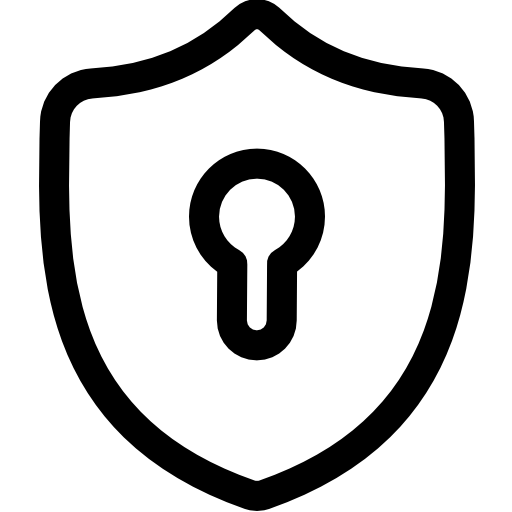

Experience backed by many successes






Thanks to a comprehensive IT security audit, you will gain a detailed analysis of potential threats and specific recommendations that will help you effectively secure company data and ensure the continuity of your business. Professional support from specialists will allow you to detect weak points in IT systems, prevent costly cyberattacks, and implement best protection practices that will increase customer trust in your brand and services.
Why do companies decide on a Security Audit?
- Effective protection against cyberattacks
- Compliance with European Union legal requirements
- Guarantee of business operational continuity
15+ years of experience
For over 15 years, we have been supporting Polish and European companies in ensuring a high level of IT security. We know the security requirements imposed on online platforms by the NIS2 directive, so we know how to take care of the security and smooth operation of your store.
Comprehensive approach
We audit every aspect of IT infrastructure – from server configuration, through web applications, databases, internal networks, to access policies and security management procedures. We work based on current standards and norms, not omitting any element that may affect system vulnerability and security.
Expert knowledge
We have built and implemented many online platforms in industries with particularly high digital security requirements. Thanks to this, we know their structure perfectly, we know where the most common weak points occur, and what configuration errors most often lead to data leaks and cyberattacks.
IT Security Audit - what it includes and how it is conducted
An IT security audit enables a comprehensive assessment of system vulnerabilities and effective protection of customer transactions. Thanks to this, online platforms minimize the risk of data leaks, prevent technical interruptions, and avoid financial losses resulting from cyber incidents. Regular audits also increase business operational efficiency and allow for the safe development of new functionalities for users.

Comprehensive and multi-layered technical assessment of IT infrastructure, including servers, networks, peripheral devices, and applications, allowing for precise identification of threats, security gaps, and system weaknesses.

Controlled simulations of real hacker attacks, which allow verification of the effectiveness of current security measures and indicate areas requiring improvement and further monitoring.

Detailed analysis and careful verification of the security settings of servers, web applications, and databases to effectively eliminate potential gaps and system vulnerabilities.

Assessment of the compliance of existing procedures and internal regulations with security standards, as well as identification of any deficiencies and procedural inconsistencies.

Detailed verification of user permissions, password quality, and access control mechanisms, minimizing the risk of unauthorized access and leakage of sensitive information.

Clear summary of audit results with practical recommendations and guidelines ready for immediate implementation to increase the organization's level of protection.
FAQ - most frequently asked questions about the security audit
An IT security audit should be carried out at least once a year or after any significant change in IT infrastructure to detect threats on an ongoing basis.
The duration of the audit depends on the size and complexity of the company's infrastructure, usually ranging from a few days to several weeks.
The audit is conducted in a way that minimizes disruption to daily operations. Most tests can be performed outside peak hours or on weekends.
Yes, the audit ends with a detailed report containing a threat analysis and specific recommendations ready for immediate implementation.
No, but in many cases it will help with legal compliance, especially if the company processes personal data or online payments. Regular audits help meet regulatory requirements, e.g. GDPR or NIS2.
Let's talk about security - Contact us!



